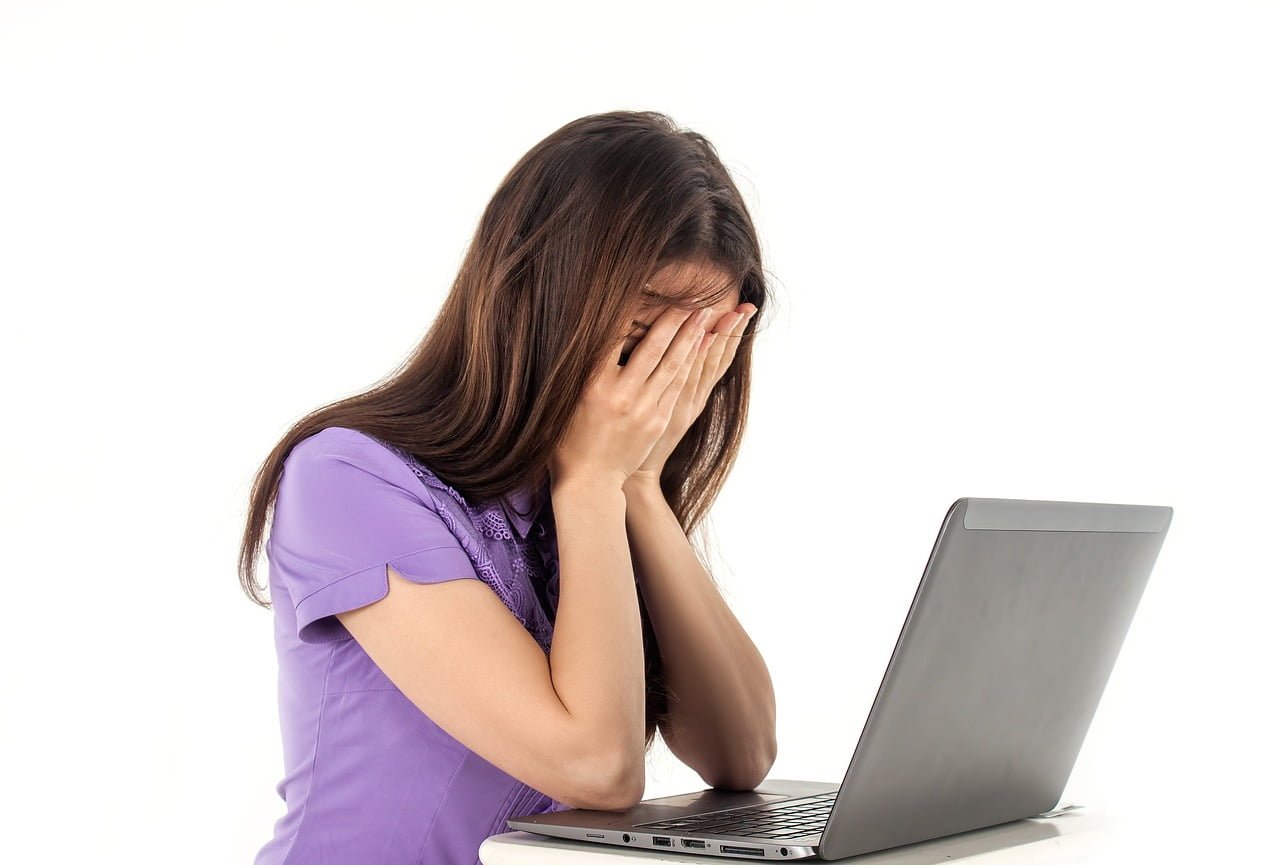Table of Contents
Introduction
Computers are like people; they can overheat and get cranky. If your laptop is feeling toasty or your desktop is shutting down unexpectedly, it may be time for a checkup. Here are some telltale signs of heat-related issues and what you can do about them.
One of the most common causes of computer overheating is a build-up of dust and dirt on the internal components and cooling fans. When the fans are unable to spin freely, the heat generated by the components can quickly build up, leading to overheating. In some cases, damaged or poorly designed cooling systems can also cause overheating.
Another common cause of computer overheating is excessive overclocking. Overclocking refers to the practice of running the processor or other components at higher than their rated speeds in order to gain a performance boost. While this can be effective in some cases, it also puts additional strain on the components and can lead to overheating if not done carefully.
Finally, computers can also overheat due to simple ambient temperature conditions. If the room temperature is excessively hot or humid, it can make it more difficult for the computer to keep its internal temperature down, leading to overheating.
If your computer starts to feel warm or even hot to the touch, it may be overheating. To check, open your computer’s case and touch the metal components inside. If they’re too hot to keep your hand on, your computer is likely overheating.
Overheating can cause all sorts of problems, from data loss and corruption to hardware damage. So it’s important to take steps to prevent it. Here are a few things you can do:
– Make sure your computer has good airflow. Dust can build up inside the case and block air vents, so keep it clean.
– If you have a laptop, use a cooling pad to help disperse heat.
– Avoid using your computer in hot environments. If it’s already warm in the room, it will only make matters worse.
– Check your computer’s BIOS or UEFI settings for anything that might be causing it to overheat. For example, some settings can cause the CPU to run at full speed all the time, which generates a lot of heat.
What to Do if Your Computer is Overheating?
If your computer is overheating, it’s important to take action to prevent damage to your system. Here are some tips on what to do if your computer is overheating:
1. Check the air vents on your computer to make sure they’re not blocked. Blocked air vents can cause your computer to overheat.
2. Make sure your computer is in a cool, well-ventilated area. Avoid using it in a hot room or near a heat source.
3. If you have a laptop, use it on a hard surface instead of your lap. This will help keep the bottom of the laptop from getting too hot.
4. Turn off any unnecessary programs and close unneeded windows to help reduce the amount of heat being generated by your computer.
5. If your computer has a fan control feature, you may want to turn up the fan speed to help cool the system down.
If your computer is still overheating after taking these steps, it’s possible that there’s a more serious problem causing the issue. In this case, you’ll need to contact a qualified technician for further diagnosis and repair.
Preventing Future Overheating
If you’ve ever experienced your computer overheating, you know it’s not a fun experience. The good news is, that there are some things you can do to prevent it from happening again in the future. Here are a few tips:
1. Keep your computer clean. Dust can build up inside your computer and cause it to overheat. Use a can of compressed air to blow out the dust from the inside of your computer.
2. Make sure there’s adequate airflow around your computer. If your computer is crammed into a tight space, it may not have enough airflow to keep it cool. Move it to a more open area if possible.
3. Check the cooling fans inside your computer. If they’re dirty, they won’t be able to do their job properly. Clean them with a can of compressed air or replace them if necessary.
4. Don’t use your computer on a soft surface like a bed or couch. This can block airflow and cause overheating. Use it on a hard, flat surface instead.
5. Avoid using resource-intensive programs or games for extended periods of time. This puts extra strain on your computer and can cause it to overheat. Take breaks
Conclusion
If your computer is overheating, it’s important to take steps to cool it down and prevent further damage. There are a few signs that your computer is overheating, such as the fan running constantly or the screen flickering. If you notice any of these signs, take action immediately to cool down your computer and prevent damage. You can use a cooling pad or stand, lower the brightness of your screen, or move your computer to a cooler location. Taking these steps will help keep your computer running smoothly for years to come.










